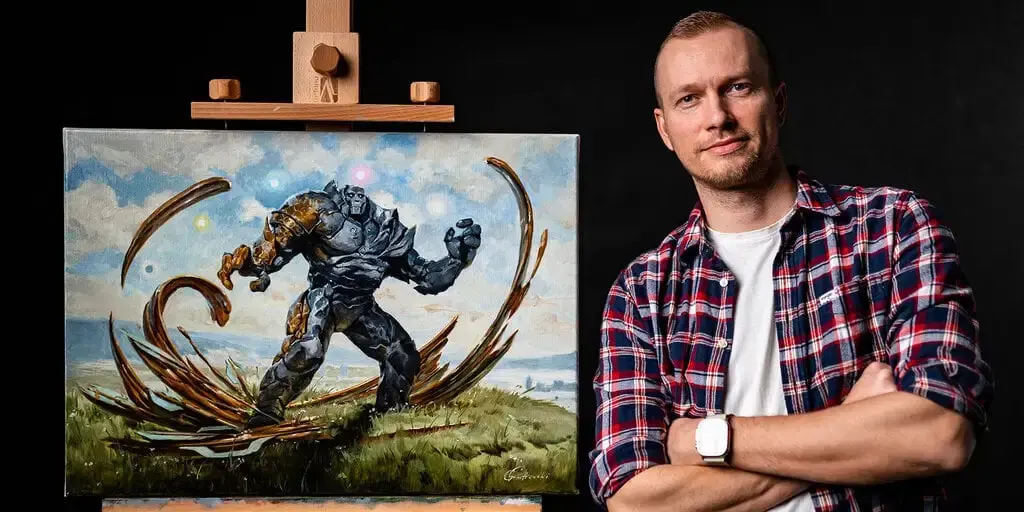Greg Rutkowski, a digital artist known for his surreal style, opposes AI art but his name and style have been frequently used by AI art generators without his consent. In response, Stable Diffusion removed his work from their dataset in version 2.0. However, the community has now created a tool to emulate Rutkowski’s style against his wishes using a LoRA model. While some argue this is unethical, others justify it since Rutkowski’s art has already been widely used in Stable Diffusion 1.5. The debate highlights the blurry line between innovation and infringement in the emerging field of AI art.



@fwygon all questions of how AI learns aside, it’s not legally theft but philosophically the topic is debatable and very hot button.
I can however comment pretty well on your copyright comments which are halfway there, but have a lot of popular inaccuracies.
Fair use is a very vague topic, and they explicitly chose to not make explicit terms on what is allowed but rather the intents of what is to be allowed. We’ve got some firm ones not because of specific laws but from abundance of case evidence.
These are basically all the same category and includes some misinformation about what it does and does not cover. It’s permitted to make copies for purely informational, public interest (ie. journalistic) purposes. This would include things like showing a clip of a movie or a trailer to make commentary on it.
Education doesn’t get any special treatment here, but research might (ie. making copies that are kept to a restricted environment, and only used for research purposes, this is largely the protection that AI models currently fall under because the training data uses copyrighted data but the resulting model does not).
“Easily confused” is a rule from Trademark Law, not copyright. Copyright doesn’t care about consumer confusion, but does care about substitution. That is, if the content could be a substitute for the original (ie. copying someone else’s specific painting is going to be a violation up until the point where it can only be described as “inspired by” the painting)
This is a very very common myth that gets a lot of people in trouble. Copyright doesn’t care about whether you profit from it, more about potential lost profits.
Loaning is completely disconnected from copyright because no copies are being made (“digital loaning” is a nonsense attempt to claiming loaning, but is just “temporary” copying which is a violation).
Personal copies are permitted so long as you keep the original copy (or the original copy is explicitly irrecoverably lost or destroyed) as you already acquired it and multiple copies largely are just backups or conversions to different formats. The basic gist is that you are free to make copies so long as you don’t give any of them to anyone else (if you copy a DVD and give either the original or copy to a friend, even as a loan, it’s illegal).
It’s not good to rely on it being “non-profit” as a copyright excuse, as that’s more just an area of leniency than a hard line. People far too often thing that allows them to get away with copying things, it’s really just for topics like making backups of your movies or copying your CDs to mp3s.
… All that said, fun fact: AI works are not covered by copyright law.
To be copyrighted a human being must actively create the work. You can copyright things made with AI art, but not the AI art itself (ie. a comic book made with AI art is copyrighted, but the AI art in the panels is not, functioning much like if you made a comic book out of public domain images). Prompts and set up are not considered enough to allow for copyright (example case was a monkey picking up a camera and taking pictures, those pictures were deemed unable to be copyrighted because despite the photographer placing the camera… it was the monkey taking the photos).
This is true in US law but it should probably be noted that a lot of the “misconceptions” you’re outlining in OP’s comment are things that are legal in other jurisdictions
@Harrison ::face palm:: thank you for calling that out, I’m so used to correcting fellow americans on copyright